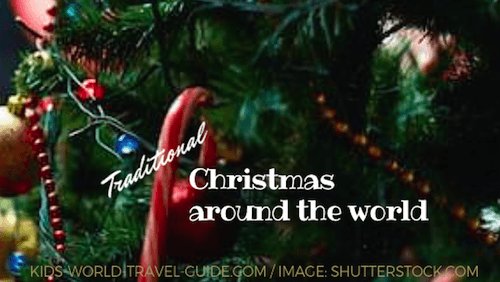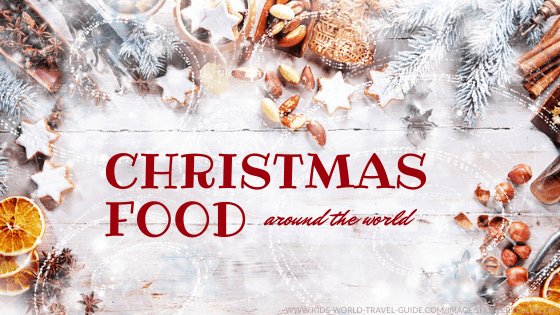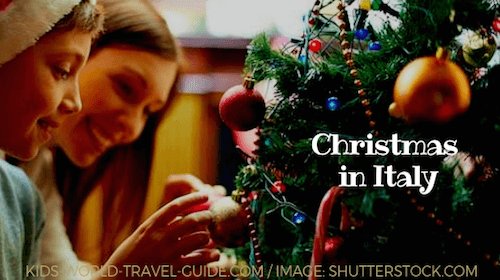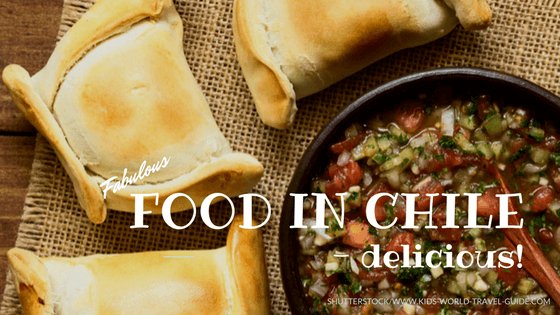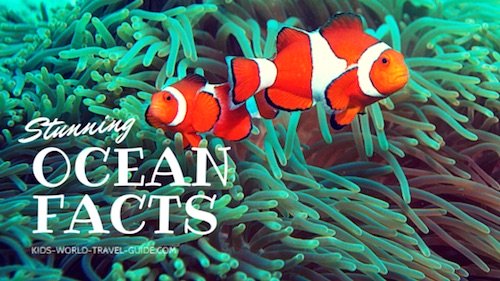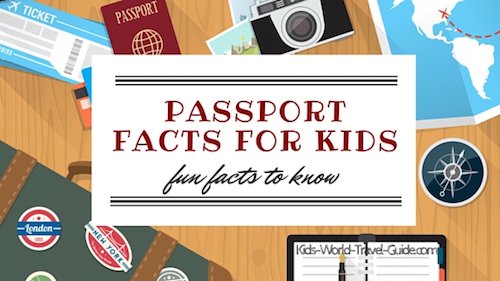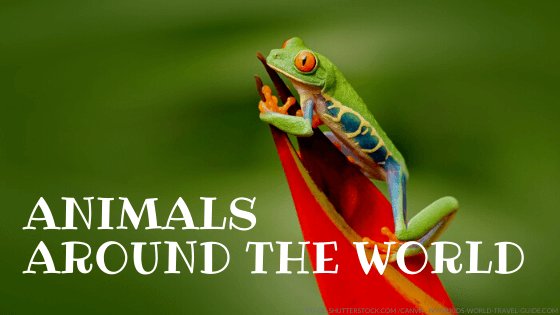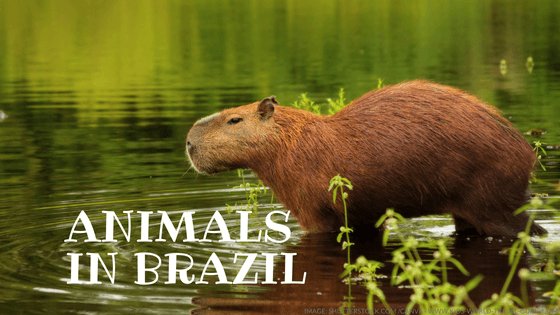Christmas Quiz
Christmas Quiz for Kids
With our Christmas Quiz it will be fun to learn interesting facts about Christmas traditions from around the world.
With our Christmas quiz questions you can test your knowledge and quiz your family and friends. Enjoy!
Christmas Quiz for Kids
15 Fun Christmas Quiz Questions
1. Which country is known for starting the tradition of putting up and decorating a Christmas tree?

2. Santa usually fills the stocking with these golden treats. Do you know which country this citrus fruit was first exported from?
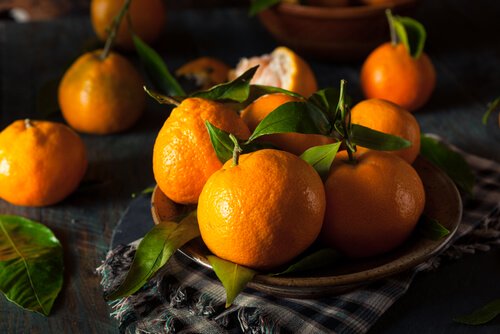
3. Do you know the name of this typical Christmas cake and which country it originates from?
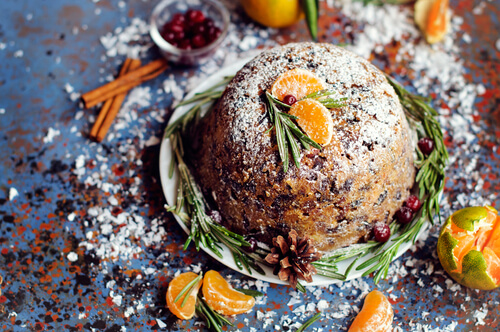
4. The famous Christmas carol "Silent Night, Holy Night" was composed in which country?
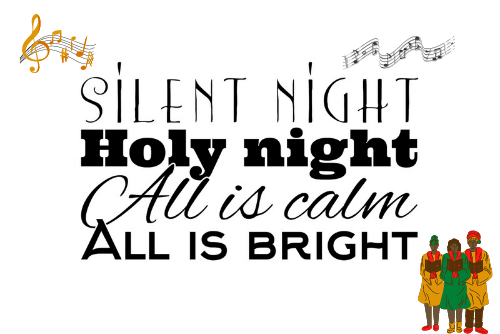
5. Which country was the first to start the tradition of having a nativity scene display?
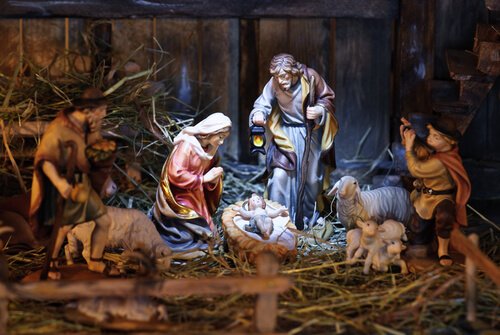
6. What is the name of this Italian Christmas treat?
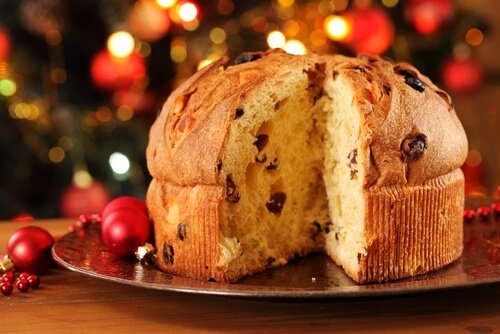
7. What is the name of this dish and which country is famous for serving this dish - not only on Christmas?
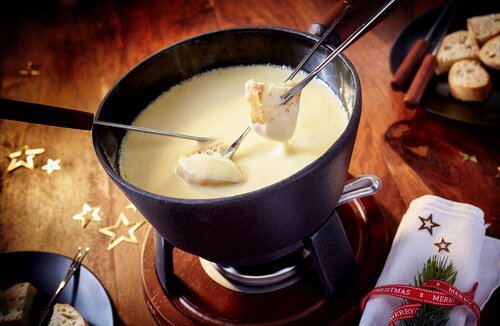
8. How many dishes are traditionally shared on Christmas Eve in Poland? Here is one of them - delicious beetroot soup!
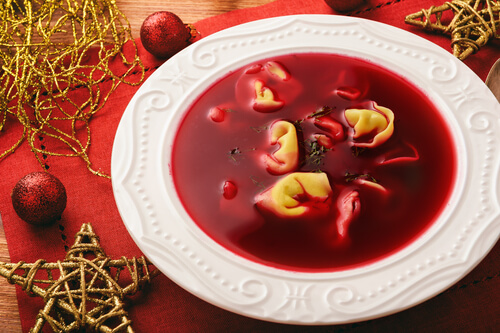
9. Do you know what these sweet 'cookies' are called? They originate from Nürnberg (Nuremberg) in Germany.
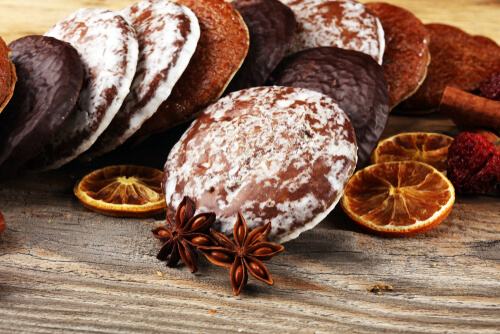
10. When do Orthodox Christians celebrate Christmas?
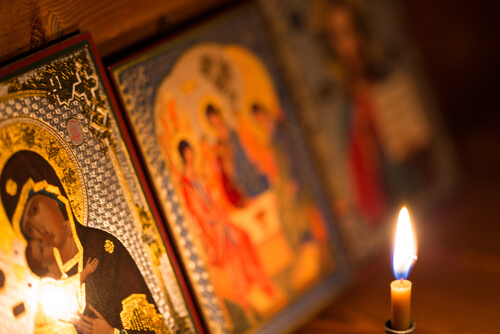
11. When are Christmas gifts exchanged in Germany?

12. When are Christmas gifts exchanged in Spain?

13. Do you know where the tradition of Christmas crackers originates from? And which item should be included in all of them?
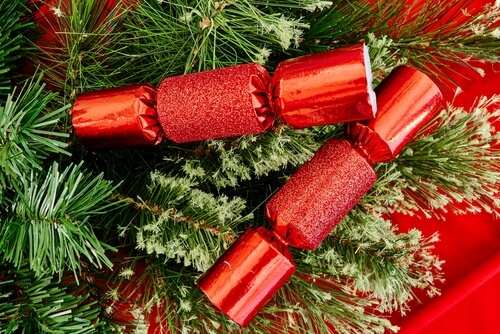
14. Which country is traditionally decorating houses with pomegranates over the festive season and breaking them up on New Year to bring good luck?
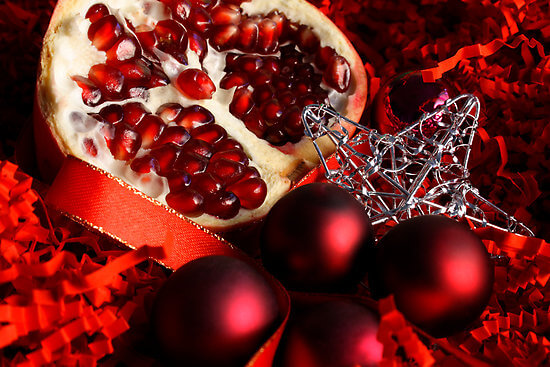
15. What are the names of Santa's reindeers? And how many reindeers are there?

Answers:
- The tradition of putting up and decorating a Christmas tree is said to have been started in Germany in the 16th century.
- Satsumas (also called naartjies, tangerines or mandarines) were first imported from Japan. They grow in the Satsuma province, after which they are named.
- Plum puddings were first baked in England and later were also brought to other countries by emigrants from the British Isles.
- A priest in Austria composed and first played this well-known Christmas carol.
- The first nativity scene was set up in the 12th century in Italy. The nativity scenes usually include Mary, Joseph, baby Jesus in a manger, an ox and an ass and sometimes some sheep.
- The name of the Italian Christmas treat is Panettone. The dome-shaped cake originates from Milan/Italy. More about Christmas in Italy here.
- Cheese fondue is traditionally prepared and eaten in Switzerland.
- In Poland traditionally twelve dishes are served during the Christmas Eve meal.
- This is German gingerbread which is called Lebkuchen. German gingerbread was first made by monks in the 13th century.
- Orthodox Christmas is not celebrated in December but on 7 January.
- In Germany, Christmas gifts are traditionally exchanged on Christmas Eve, 24 December.
- In Spain, Christmas gifts are not exchanged on Christmas Day, but on Three Kings Day (Epiphany), 6 January.
- In the UK around 1850, during the Victorian times, the tradition of making Christmas crackers was started. From the 1900s, a Christmas cracker traditionally include a colourful paper hat.
- This is a tradition from Greece. Read more about this tradition here.
- Santa's nine reindeers are called Dasher, Dancer, Prancer, Vixen, Comet, Cupid, Donner, Blitzen and Rudolph.
Christmas Quiz for Kids - Further Resources
- Magdalena Kasprzyk-Chevriaux. "The 12 Dishes of Polish Christmas." Culture.pl. Last updated 20 December 2022. Last accessed 23 December 2024
- Mandy Barrow. "Christmas Dinner in England." ProjectBritain. Last accessed 23 December 2024
- Ben Johnson. "Christmas Crackers." HistoricUK. Last accessed 23 December 2024
Popular Pages
Images on Christmas Quiz for Kids: Shutterstock.com
Go back from Christmas Quiz to Christmas around the World
Return to Kids-World-Travel-Guide Homepage

Like us on Facebook
View our Pinterest boards
Recent Articles
-
Paraguay Facts for Kids | Paraguay for Kids | South America Geography
Apr 11, 25 10:39 AM
Paraguay Facts for Kids will provide fun country facts, insights about people and landmarks, animals, food, economy and so much more -
Cuba Facts for Kids | Cuba for Kids | Geography | People | Travel
Apr 04, 25 10:31 AM
Our Cuba Facts for Kids will introduce you to the biggest Caribbean island country of the North American continent. -
Eid Around The World | Eid Traditions | Ramadan | Eid for Kids
Mar 31, 25 10:47 AM
Eid around the World - Eid traditions and stories told by kids for kids
